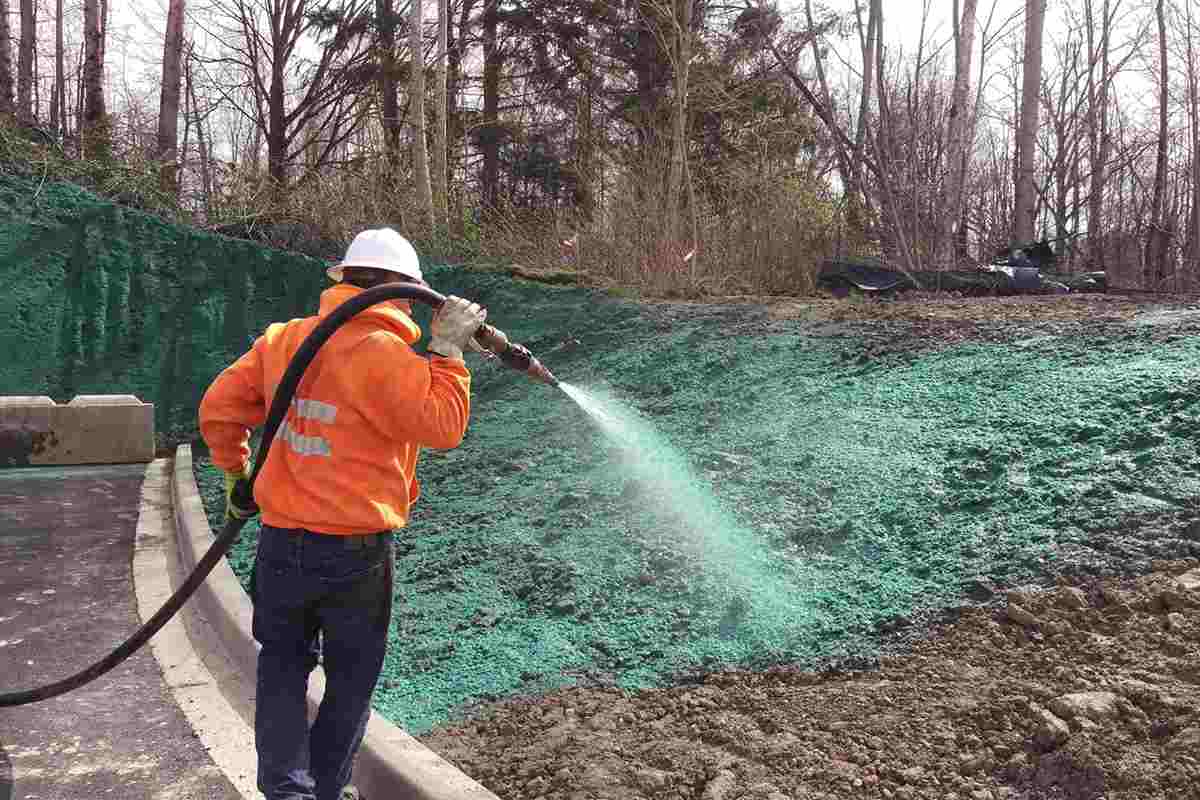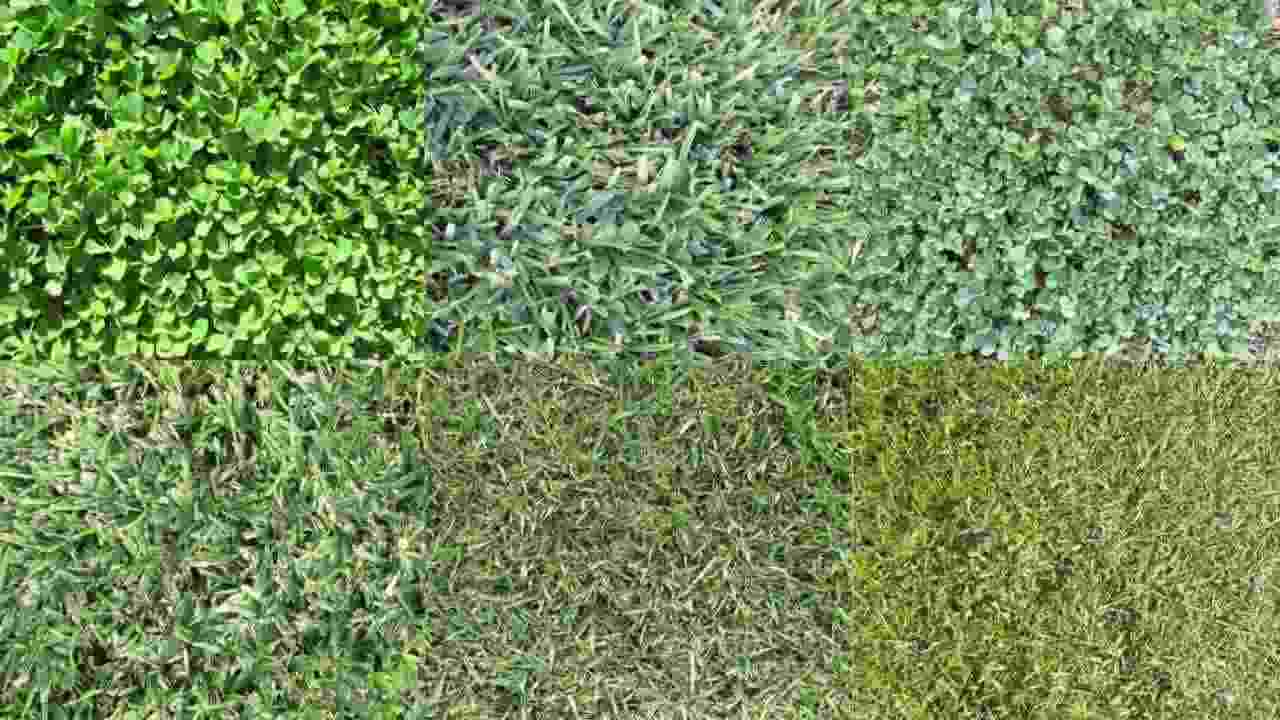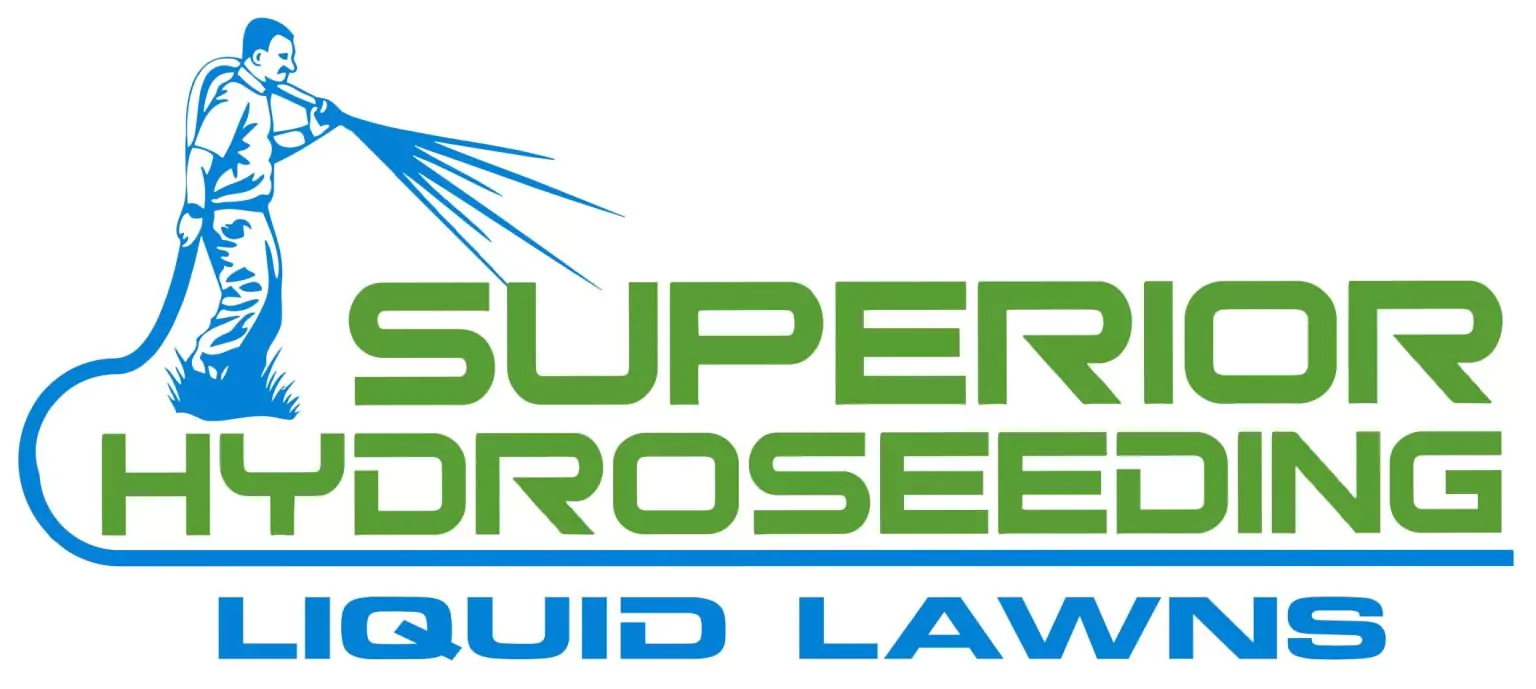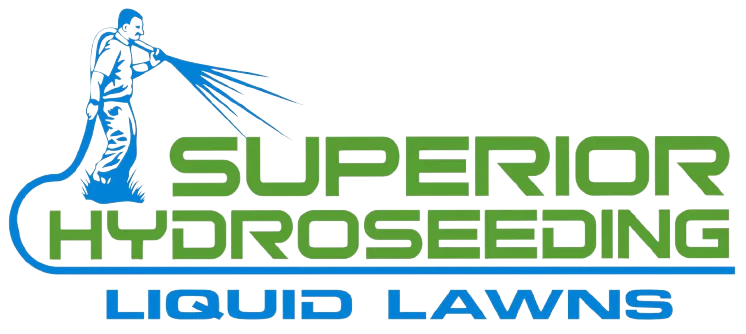Sure thing! When it comes to getting that beautiful green carpet under your feet in Tilton, NH, Superior Hydroseeding Liquid Lawns is the go-to choice for many. Installing grass can be quite the process, but they make it smooth sailing. From prep work to seeding and nurturing, the whole process usually takes around 1 to 2 days for a standard residential lawn. Of course, factors like weather and lawn size can play a role, but with their expertise, you can expect a lush lawn in no time!
Phase 1: Initial Consultation and Planning
During the initial consultation and planning phase for grass installation in Tilton, NH, consider incorporating lawn grading services into your preparations. This involves evaluating the existing terrain and making necessary adjustments to ensure proper water drainage and a level surface for optimal grass growth. Partnering with professionals who offer comprehensive lawn grading services can help address any potential issues early on, leading to a smoother and more successful grass installation process.
The duration of this phase can vary depending on how quickly you finalize the details and how busy the lawn installation company’s schedule is. On average, expect this phase to take anywhere from a few days to a week.
Phase 2: Site Preparation
When preparing your site for grass installation in Tilton, NH, don’t overlook the importance of Harley raking services. Harley raking involves using specialized equipment to level and smooth the soil, removing debris, rocks, and uneven surfaces. This process helps create an ideal foundation for seeding or sodding, promoting uniform grass growth and a visually appealing lawn. Incorporating Harley raking services into your site preparation ensures that your newly installed grass has the best possible start for a healthy establishment.
The time required for site preparation depends on the size and condition of your lawn. For a standard residential lawn in Tilton, NH, site preparation can take around 1 to 2 days. However, if your lawn is larger or requires extensive soil amendments, the process may take longer.
Phase 3: Hydroseeding

Now comes the exciting part—hydroseeding! This is where the magic happens as the grass seed, fertilizer, mulch, and water mixture is sprayed evenly across your prepared soil. Hydroseeding is known for its effectiveness in promoting quick germination and healthy grass growth.
The duration of hydroseeding largely depends on the size of your lawn. For a typical residential lawn, hydroseeding can be completed in a single day. However, larger properties may require additional time.
Phase 4: Post-Installation Care
After hydroseeding, it’s crucial to provide proper care and maintenance to ensure the grass establishes itself successfully. This includes regular watering, monitoring for weed growth, and following any specific instructions provided by the lawn installation company.
The post-installation care phase can last several weeks to months, depending on how quickly the grass grows and becomes established. During this time, you’ll need to water the lawn frequently, avoid heavy foot traffic, and be vigilant about weed control.
Factors That Can Influence Installation Time
When considering the installation time for your grass in Tilton, NH, don’t forget to factor in choosing the right lawn edging for your property. The type of lawn edging you choose, such as metal, plastic, or natural materials like stone or wood, can impact installation time. Some materials may require more labor-intensive installation processes than others. Therefore, carefully selecting the appropriate lawn edging that suits your property’s aesthetics and maintenance needs can help streamline the overall grass installation timeline.
Weather Conditions:
Weather plays a significant role in grass installation. Ideally, you’ll want to schedule the installation during a period of mild weather with adequate rainfall. Extreme heat or drought conditions can slow down grass growth and require more intensive watering.
Type of Grass:
Different types of grass have varying growth rates. Some grass species may germinate and establish quickly, while others take more time. Your choice of grass will impact the overall installation timeline.
Soil Condition:
The quality and condition of your soil can affect how well the grass seed takes root and grows. If your soil needs amendments or improvements, such as adding organic matter or adjusting pH levels, this can add extra time to the installation process.
Lawn Size:
The size of your lawn is a major factor in determining installation time. Larger lawns naturally require more time for site preparation, hydroseeding, and post-installation care compared to smaller lawns.
Accessibility:
Easy access to your lawn area can streamline the installation process. If the installation crew faces challenges in accessing certain areas of your property, it may add time to the overall project.
Tips for a Successful Grass Installation
To ensure a successful grass installation in Tilton, NH, it’s crucial to follow a few key tips. Firstly, choose the right grass species that are well-suited to your climate and soil conditions. Next, focus on proper soil preparation, ensuring it’s nutrient-rich and well-draining. Consider utilizing professional lawn installation services like Superior Hydroseeding Liquid Lawns, known for their expertise in hydroseeding and efficient methods. Lastly, follow care instructions diligently post-installation, including proper watering, mowing, and fertilization, to promote healthy grass growth and establishment.
Choose the Right Grass:
Work with your lawn installation company to choose a grass species that is well-suited to your climate, soil type, and maintenance preferences.
Prepare the Soil Thoroughly:
Proper soil preparation is key to healthy grass growth. Take the time to remove debris, aerate the soil if needed, and address any soil deficiencies before hydroseeding.
Follow Care Instructions:
Be diligent about following the post-installation care instructions provided by the lawn installation company. This includes watering schedules, mowing guidelines, and weed control measures.
Monitor Progress:
Keep an eye on how your new grass is growing and address any issues promptly. Early intervention can prevent problems from escalating and ensure a thriving lawn.
Grass Types Suitable for Tilton, NH

The type of grass you choose plays a significant role in the overall success of your lawn. In Tilton, NH, and similar climates, cool-season grasses like Kentucky bluegrass, fine fescue, and perennial ryegrass are popular choices. These grasses thrive in cooler temperatures and are well-suited to the region’s climate.
Kentucky Bluegrass:
Known for its lush, dark green appearance and fine texture, Kentucky bluegrass is a top choice for lawns in Tilton. It establishes well through hydroseeding and creates a dense, attractive turf.
Fine Fescue:
Fine fescue grasses, including creeping red fescue and chewings fescue, are excellent options for shady areas or areas with lower maintenance requirements. They have a fine texture and adapt well to a range of soil types.
Perennial Ryegrass:
Perennial ryegrass is known for its rapid germination and establishment, making it a good choice for quickly covering bare spots in your lawn. It has a slightly coarser texture than Kentucky bluegrass but offers excellent wear tolerance.
Each grass type has its unique characteristics and maintenance requirements. Working with a knowledgeable lawn installation company can help you select the right grass species based on your preferences and the specific conditions of your lawn.
Weather Considerations
Weather plays a crucial role in the success of grass installation. Tilton, NH, experiences a temperate climate with four distinct seasons. Understanding how weather conditions can impact grass growth and establishment is essential for a successful installation.
Temperature:
Cool-season grasses like those mentioned earlier prefer temperatures between 60°F and 75°F for optimal growth. Installing grass during the spring or early fall when temperatures are moderate can promote faster establishment.
Rainfall:
Adequate moisture is crucial for grass seed germination and early growth. If your area experiences a dry spell during the installation period, you’ll need to supplement watering to ensure the soil remains moist.
Sunlight:
Consider the sunlight exposure in your lawn area when choosing grass types. Some grass species, like fine fescue, tolerate shade better than others. Properly matching grass types to sunlight conditions can prevent issues like patchy growth or thinning.
FAQs
How long does it take for grass to attach?
Grass typically takes about 2 to 3 weeks to attach firmly to the soil after germination. During this time, the grass roots establish a strong hold in the soil, allowing the grass blades to grow and thrive. Adequate watering and proper maintenance during this critical period can expedite the attachment process and promote healthy grass growth.
How long does artificial grass take to install?
The installation time for artificial grass depends on various factors such as the size of the area, the complexity of the installation, and the experience of the installers. Generally, for a standard residential lawn, artificial grass installation can take anywhere from 1 to 3 days. Larger or more intricate installations may require additional time.
Is it hard to install grass?
Installing grass can be moderately challenging, especially for larger areas or uneven terrain. It requires proper preparation of the soil, accurate measurement and cutting of the grass rolls or sod, and careful attention to watering and maintenance post-installation. While it’s possible to DIY, many homeowners prefer professional installation services for a smoother and more efficient process.
How long does turf take to install?
The time it takes to install turf depends on several factors such as the size of the area, the type of turf, and the expertise of the installers. Generally, for a standard residential lawn, turf installation can be completed in 1 to 2 days. Larger areas or more intricate designs may require additional time.
Is it easy to lay artificial grass?
Laying artificial grass can be relatively straightforward with proper preparation and the right tools. It involves steps like clearing the area, compacting the soil, laying a base material, and then unrolling and securing the artificial grass. While it can be a DIY project for some, hiring professionals can ensure a more precise and efficient installation.
Conclusion
In conclusion, the time it takes to install grass in Tilton, NH, can vary depending on several factors, including site preparation, grass type, weather conditions, and lawn size. On average, you can expect the entire process to take anywhere from a few days to several weeks, with the hydroseeding phase typically completed in a day for standard residential lawns.
By working with a reputable lawn installation company like Superior Hydroseeding Liquid Lawns and following proper care guidelines, you can enjoy a lush and healthy lawn that enhances the beauty of your outdoor space for years to come.
Would you like to delve deeper into any specific aspect of grass installation or have any other questions?

